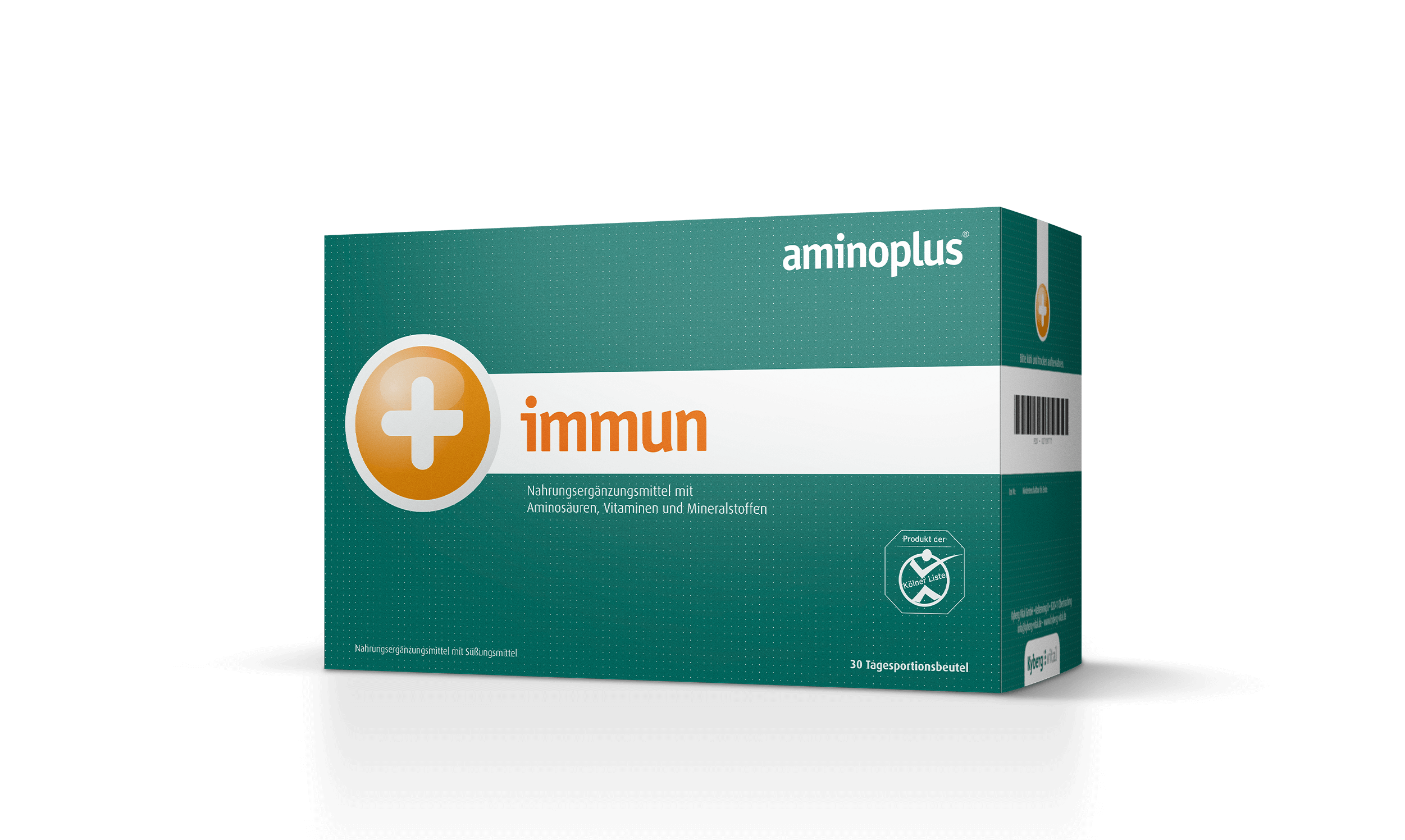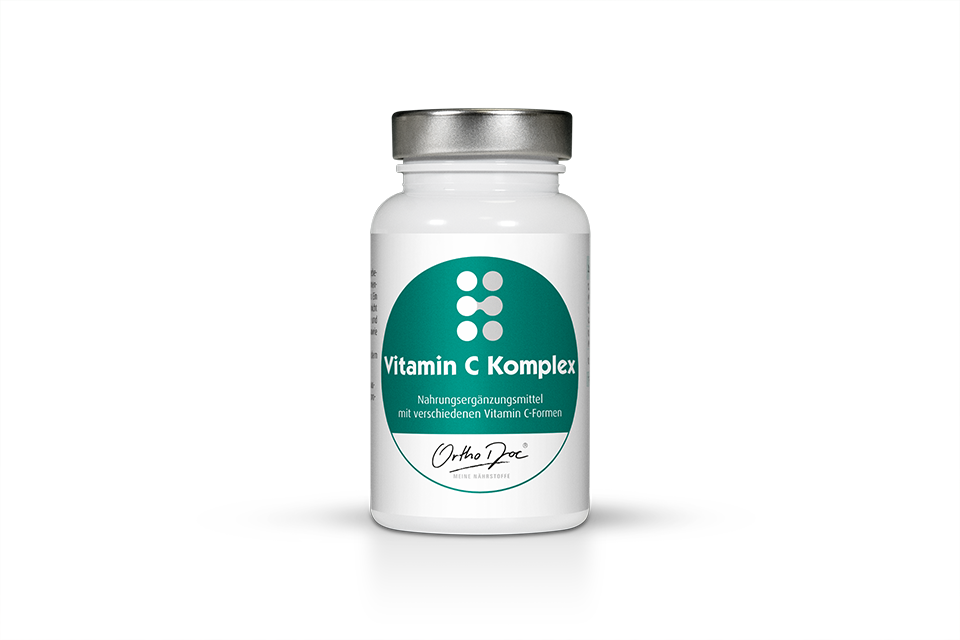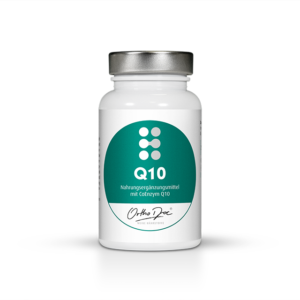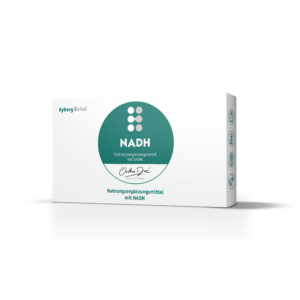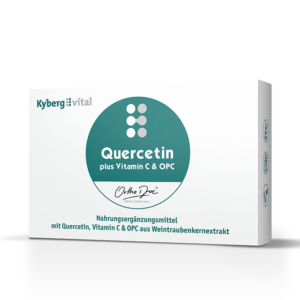Immune System
My Immune System - always ready
“Immune” comes from the Latin and means resistant, insensitive or immune. In terms of Health: immune to everything that lurks out there in our environment and could throw the body off balance: Bacteria, viruses, parasites, allergens, but also man-made factors such as environmental toxins, stimulants or medication.

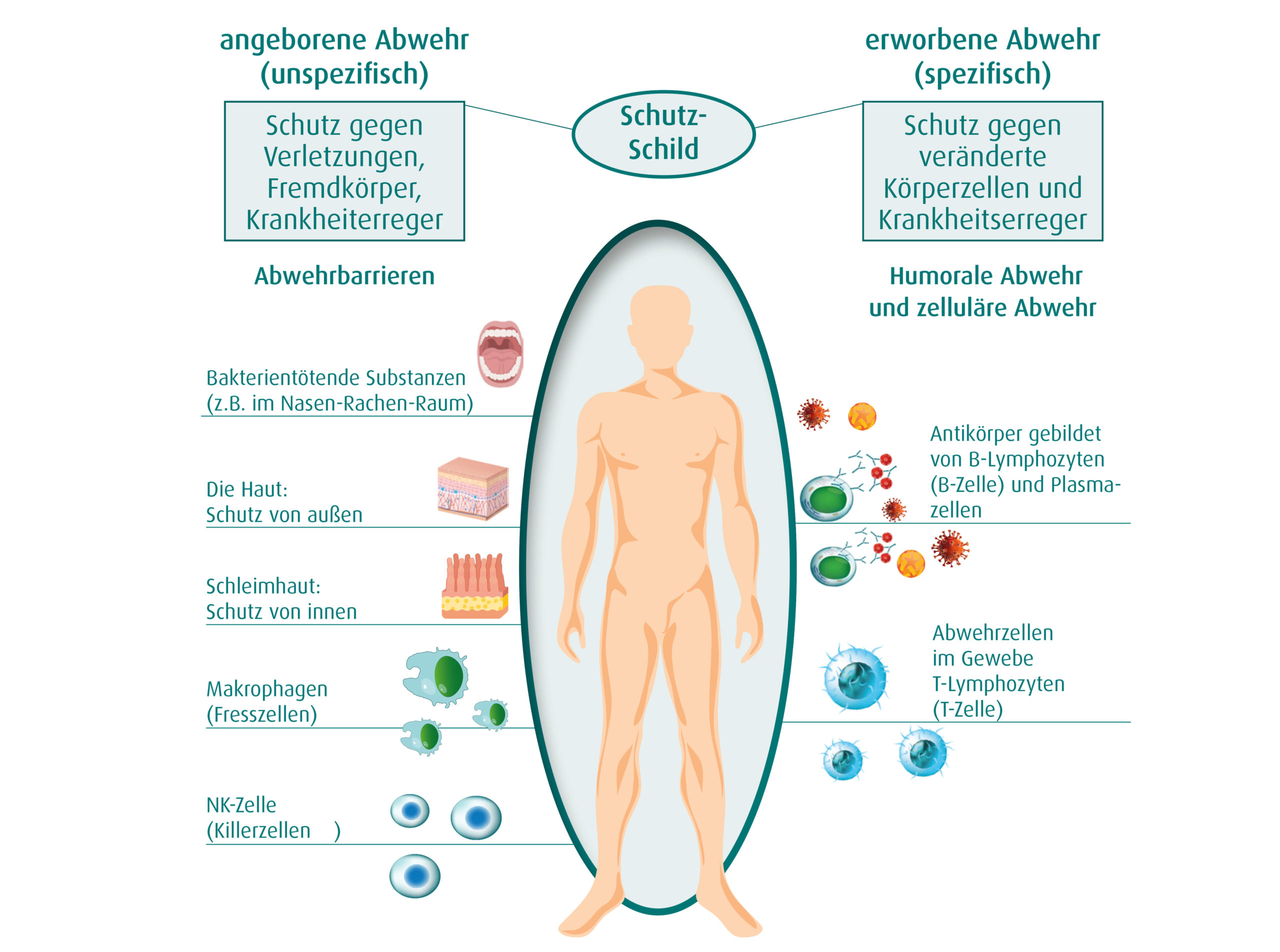
Immune with a system
Immune System - quite sophisticated
As the name suggests, the immune “system” is a complex interplay of many components that work together smoothly and are coordinated with each other. The Immune System can be roughly divided into innate (non-specific) and acquired (specific) defenses. The specific defense provides efficient protection, but must first develop and upgrade itself over the years.
The innate defense accompanies us from birth. It is the first line of defense against pathogens and consists of physical barriers and defense mechanisms (e.g. the skin, mucous membranes, stomach acid, intestinal flora and immune cells). The so-called macrophages react very quickly but non-specifically to pathogens by absorbing and destroying them, which is why they are also known as “scavenger cells”. The natural killer cells recognize abnormal cells (e.g. tumour cells and infected cells) and destroy them to avert the danger.
- Protection through skin and mucous membranes
- Protection through biological defense substances (stomach acid, enzymes)
- Protection by macrophages (scavenger cells) and NK cells (natural killer cells)
Good to know: The specific Immune System is not yet fully developed in young children, which is why infections occur more frequently in them.

Our tip for supporting the Immune System:
Immune System - sensible support
The need for micronutrients that support the Immune System depends on individual factors such as age, lifestyle and diet, stress levels or physical exertion, illnesses and medication. The nutrient requirements can therefore vary from person to person and must be adjusted accordingly.
A variety of nutrients contribute to supporting the normal function of the Immune System and are indispensable.
Important nutrients to support the Immune System:
- Vitamin C, vitamin D, vitamin A, Zinc and Selenium contribute to the normal function of the Immune System
- Vitamin E, copper and manganese help to protect the cells from oxidative stress
- Riboflavin, biotin and niacin contribute to the maintenance of normal mucous membranes (intestines, mouth, nose, bronchi)
- Folic acid and Magnesium have a function in cell division
You are currently viewing a placeholder content from Default. To access the actual content, click the button below. Please note that doing so will share data with third-party providers.
More InformationOur tip for supporting the Immune System:
OrthoDoc® Vitamin C Complex
Food supplements with various forms of vitamin C.
Vitamin C contributes to normal collagen formation.
Vitamin C helps to protect the cells from oxidative stress.
Vitamin C contributes to normal energy metabolism.
Vitamin C contributes to the normal function of the Immune System.
Vitamin C contributes to the normal functioning of the nervous system.
Immune with a system
Immune System - keeps you Healthy
We appreciate how important the Immune System is for our Health at the latest when we are completely exhausted and out of action for a few days due to a cough, cold, pain, fever or chills. Only when the Immune System has the situation under control and manages to successfully fight off the pathogens is it possible to regain full strength and go about your everyday life without a care in the world.
Our immune system watches over us around the clock, even if we don’t realize it. Staying healthy despite all external influences or getting well again after an infection is a real feat that only our Immune System can accomplish.

Our tip for supporting the Immune System:
aminoplus® simplex
Food supplement with L-lysine, vitamins & trace elements. With 3 g L-lysine.
Biotin and riboflavin contribute to the maintenance of normal skin and mucous membranes.
Vitamin C, Zinc, folic acid and vitamin D contribute to the normal function of the Immune System.
Vitamin E and Selenium help to protect the cells from oxidative stress.
Zinc contributes to normal cell division and DNA synthesis.
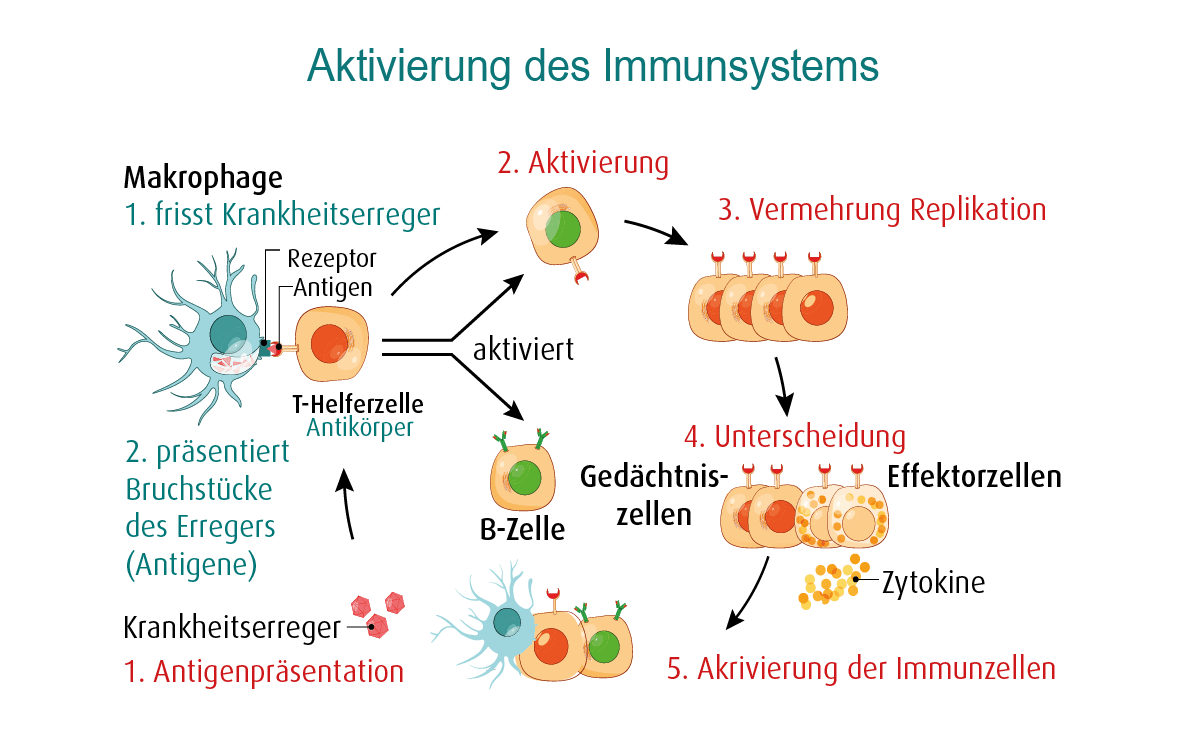
Immune with a system
Immune System - fully active
The specific Immune System only acquires its full competence over the years and it becomes stronger with each contact with a pathogen. The specialized immune cells can specifically adapt their defence to each individual pathogen and form an immunological memory in order to be able to react more quickly and effectively to the next infection.
- T cells: “memory cells”; recognize the pathogen based on its surface (antigens)
- B cells: Form specific defense reactions against the pathogen (antibodies)
The specific defense is activated as soon as an intruder has overcome the barriers of the non-specific defense. The Immune System can also recognize and destroy the body’s own altered cells.
Good to know: Around 80% of all immune cells are found in the gut, making it the largest human immune organ! Healthy intestines are therefore extremely important not only for digestion but also for immune defense.

Our tip for supporting the Immune System:
OrthoDoc® Vitamin Lozenges
Food supplement with six vitamins, Zinc & Magnesium.
Zinc contributes to normal cognitive function and the normal metabolism of macronutrients.
Thiamine, vitamin B6 and vitamin B12 contribute to the normal function of the nervous system and to normal mental function.
Folic acid contributes to normal blood formation, normal function of the Immune System and to the reduction of tiredness and fatigue.
Vitamin C and Magnesium contribute to normal energy metabolism, normal functioning of the nervous system and to the reduction of tiredness and fatigue.
Support for the Immune System
Immune System - from weak to strong
Certain factors can weaken the Immune System in the long term and make the natural protective shield permeable.
Which weakens the immune system:
- Nutrient deficiency due to an unhealthy diet
- Alcohol and smoking
- Physical stress
- Psychological stress
- Lack of sleep
- Seniors
- Environmental influences (e.g. exhaust fumes and particulate matter)
What strengthens the immune system:
- balanced diet (especially antioxidants such as vitamin C, Zinc and Selenium)
- intact intestinal barrier
- Sufficient fluids (preferably water)
- Regular exercise (preferably in the fresh air)
- Stress reduction
- Adequate sleep
Good to know: Too little sleep weakens the Immune System. Researchers have discovered that important immune cells work less well when there is a lack of sleep.
Source: Journal of Experimental Medicine


